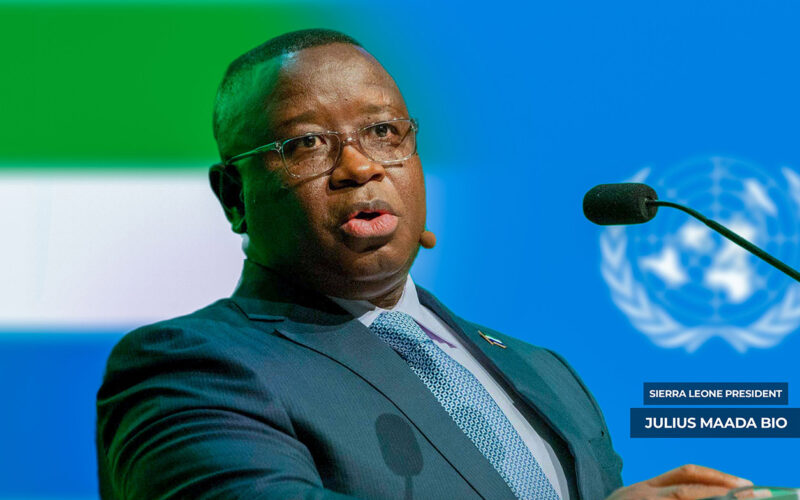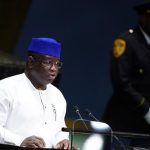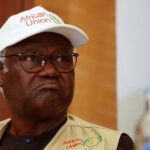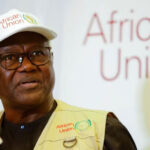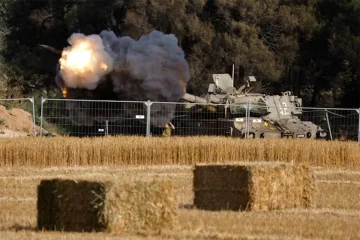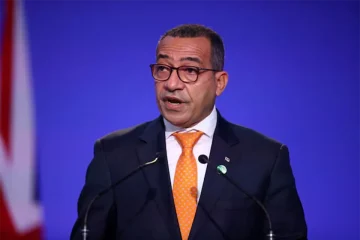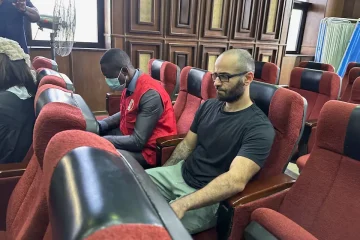[tta_listen_btn listen_text=”Audio” pause_text=”Pause” resume_text=”Resume” replay_text=”Replay”]
SIERRA Leone has made remarkable progress in overcoming a tumultuous past marked by conflict and has emerged as a leading force in promoting peace in the region.
On June 6, the tiny West African country was, alongside Algeria, elected as a non-permanent member of the UN Security Council in a voting session of the UN General Assembly.
Other countries elected included Guyana, the Republic of Korea, Belarus and Slovenia. Sierra Leone’s seat will be taken up later this year.
The election of Sierra Leone, whose candidacy was backed by the African Union, is significant as it represents the country’s successful shift from a state of turmoil marked by a catastrophic civil war from 1991 to 2002, a period of conflict that resulted in the death of up to 200,000 people, with many more forced to flee their homes.
In a statement after the vote, Sierra Leone President Julius Maada Bio noted that the UN position was not only the first in 52 years but also the second in the country’s history.
“Our candidacy was anchored on the theme of partnership, multilateralism, and representative approach to sustained global peace and security,” he explained.
Just after gaining self-rule in 1961, Sierra Leone joined the United Nations. It consequently served as a non-permanent member of the UN Security Council between 1970 and 1971, before the country’s protracted period of instability.
In its May 2023 Security Council report on the elections, the council expects Sierra Leone to devote special attention to the issues of arms control, disarmament, and non-proliferation, given its interest in and background on these issues.
Sierra Leone has consistently demonstrated its commitment to fostering peaceful relations among African nations and beyond.
In a notable example, the UN General Assembly in 2020 overwhelmingly adopted a resolution presented by Sierra Leone outlining regulations and guidelines for the movement of conventional weapons.
With permanent council membership restricted to China, France, Russia, the UK and the USA, African countries are only able to take up two to three non-permanent slots in the council; one seat is elective every calendar year, while two are contested during odd years.
Ghana, Gabon, and Kenya, the current non-permanent members, will hand over their responsibilities to Sierra Leone, Algeria, and Mozambique later in 2023.
However, through the African Union Committee (C-10), chaired by Sierra Leone, Africa is actively engaged in negotiations for two permanent seats on the UN Security Council, leveraging the continent’s numerical and geographical significance.
“We are a country no longer defined by the stigma of the past. A beacon of hope and fortitude,” the president said when describing his country’s election.

